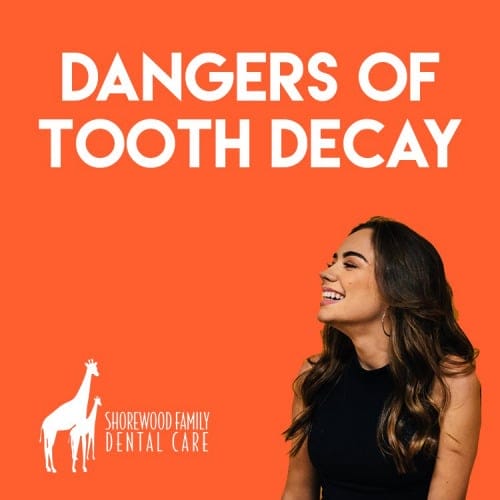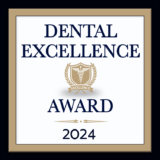
Avoiding cavities is the goal of adopting a good oral health regime. But, even with consistent daily dental care and regular visits to your dentist, it is likely that cavities will happen in your lifetime. What happens when avoiding treatment to cavities?
What Are Cavities?
Cavities, scientifically termed dental caries, arise from the gradual decay of tooth enamel (the hard, outer layer of your teeth). Stages of tooth decay occur due to the accumulation of plaque—a sticky film of bacteria—after consuming sugary foods or drinks. The bacteria in the plaque produce acid, which eats away at tooth enamel.
The Formation of Cavities
Cavities are the holes in your teeth where the acid has attacked the tooth enamel. Pit and fissure caries are found mostly on the chewing surfaces of your back teeth, or the backside of your front teeth. Smooth surface caries form mostly where two teeth touch or along the gumline.
Detecting and Addressing CavitiesHowever, as cavities progress, individuals may experience discomfort such as:
Early-stage cavities often evade detection as they may not cause noticeable symptoms. It’s common for these initial cavities to be identified during routine dental checkups through x-rays. Small, early stage cavities do not typically cause pain and headaches associated with tooth decay. However, as cavities progress, individuals may experience discomfort such as:
- Toothaches or generalized tooth pain.
- Sensitivity or pain while consuming food or beverages.
- Swollen or inflamed gums around the affected tooth.
- Persistent bad breath.
Consequences of Untreated Cavities
So, if some cavities are not identified until the dentist discovers them, what happens when they are left untreated?
Smaller cavities may not need to be filled but can grow into larger caries if they are not addressed with fluoride treatments or tooth sealants. This is one of the reasons bi-annual visits to your dentist are critical.
If small caries are allowed to grow larger, serious consequences can occur. The best-case scenario is that there is still enough of the tooth left to fill to stop further spread. If not enough tooth material is left, you may need a root canal which involves the removal of the soft tissues and pulp inside the tooth. That space is then filled and sealed.
In more serious cases, the damage of a tooth is so severe where it is no longer treatable. Instead, it is extracted and replaced with a dental implant.
Preventive Measures and Reversing Tooth Decay
Mitigating tooth decay involves adopting proactive measures to reverse its progression. These include dietary modifications to reduce sugar intake, increased water consumption, adherence to a thorough daily oral hygiene regimen, and regular bi-annual dental checkups.
Importance of Proactive Dental Care: Understanding the potential ramifications of untreated cavities emphasizes the significance of preemptive oral care. Timely intervention can prevent the escalation of cavities, preserving the integrity of teeth and averting more invasive dental procedures.
Prioritizing Your Oral Health
while cavities may be an inevitable part of dental health, proactive measures and timely professional interventions can significantly mitigate their impact. Regular dental checkups play a pivotal role in early detection and preventive care, ensuring optimal oral health.
Taking Charge of Oral Health
Adopting a proactive stance towards oral health by embracing preventive measures, adhering to recommended dental visits, and seeking professional advice can effectively combat cavities. Prioritizing oral health today ensures a brighter, healthier smile tomorrow.
Empower Your Smile Today
The good news is it is possible to reverse tooth decay before too much damage occurs. The process includes changing your diet to reduce the amount of sugar that can produce damage-causing acid in your mouth, drinking more water, following a proper daily oral health regime and visiting your dentist two times per year.
If you have questions about how cavities are treated or need a dental checkup, please call our dental office near Joliet at 815-725-5991 or book an appointment online.




